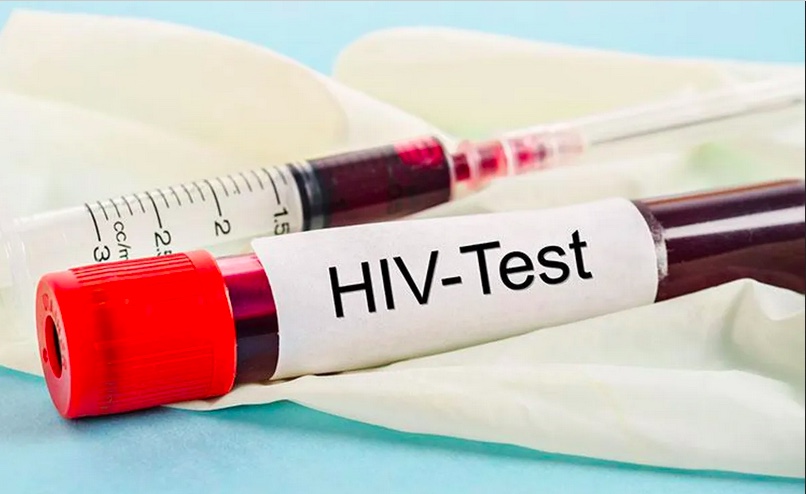FOOD security in South Africa and its neighbouring countries is under such threat that the region is heading for a serious food crisis due to lower commodity prices, high production costs and the possible consequences of the international financial crisis, according to Fanie Brink, an independent agriculture consultant in South Africa.
“If South Africa does not produce enough maize during the coming season, it could lead to a humanitarian catastrophe in Swaziland, Lesotho, Namibia, Botswana and Zimbabwe,” Brink said in a press release. “World food reserves are at the lowest level in many years and food stocks are available for only 50 days.”Maize producers in South Africa did not have a choice but to scale down the production of maize from 2,8 million hectares this season to 2 million hectares during the coming season, as they would not financially survive another surplus maize crop at lower export prices, the expert stated.As a result South Africa, like many other African countries, is in danger of becoming a permanent importer of a basic staple food such as maize, especially if its government kept on believing that subsistence farming and emerging farmers can produce enough food for the country and its neighbours.Most African countries have proven that subsistence farming is one of the main reasons for famine and that even the humanitarian aid measures of the United Nations, World Bank and other aid organisations “totally failed” to eradicate human suffering and famine in Africa, according to Brink.”The transfer of land to black people in South Africa in whatever way and for whatever reason will not bring an end to crippling poverty among rural communities, but only increase poverty as it will have a very negative impact of food production,” he said.A total crop of 12 million tons is expected in South Africa this season, which will, according to preliminary figures, be the third biggest maize crop produced in the country’s history, after the 14,4 million tons produced in 1980-81 and 12 million tons in the 1993-94 season.The average yield of 4,3 tons per hectare, which was produced the past season on 2,799 million hectares, is an all-time record for maize production in South Africa.This production efficiency has led to a maize surplus and lower prices paid to producers.The total maize crop that emerging maize farmers will produce this coming season on 498 thousand hectares will amount to only 464 000 tons, or less than 4 per cent of the total crop.The only way in which the government could avert the possibility of a serious food shortage and a humanitarian crisis in southern African next year would be to introduce a market floor price soonest at which maize farmers in South Africa would be willing to plant the same (2,8 million hectares) or a larger area to maize this coming season, Brink proposed.South Africa could at the same time offer to the UN and the World Bank to sell surplus maize at the floor price for needy countries this coming season, Brink recommended.”The time has come for a new vision to collaborate and co-operate with partners in the production of food to join hands in a bigger organisation such as a Commercial Agriculture Alliance for Africa with specific objectives to increase the production of food on a commercial basis in Africa in co-operation with the UN, the World Bank and the international development community,” he said.”World food reserves are at the lowest level in many years and food stocks are available for only 50 days.”Maize producers in South Africa did not have a choice but to scale down the production of maize from 2,8 million hectares this season to 2 million hectares during the coming season, as they would not financially survive another surplus maize crop at lower export prices, the expert stated.As a result South Africa, like many other African countries, is in danger of becoming a permanent importer of a basic staple food such as maize, especially if its government kept on believing that subsistence farming and emerging farmers can produce enough food for the country and its neighbours.Most African countries have proven that subsistence farming is one of the main reasons for famine and that even the humanitarian aid measures of the United Nations, World Bank and other aid organisations “totally failed” to eradicate human suffering and famine in Africa, according to Brink.”The transfer of land to black people in South Africa in whatever way and for whatever reason will not bring an end to crippling poverty among rural communities, but only increase poverty as it will have a very negative impact of food production,” he said.A total crop of 12 million tons is expected in South Africa this season, which will, according to preliminary figures, be the third biggest maize crop produced in the country’s history, after the 14,4 million tons produced in 1980-81 and 12 million tons in the 1993-94 season.The average yield of 4,3 tons per hectare, which was produced the past season on 2,799 million hectares, is an all-time record for maize production in South Africa.This production efficiency has led to a maize surplus and lower prices paid to producers.The total maize crop that emerging maize farmers will produce this coming season on 498 thousand hectares will amount to only 464 000 tons, or less than 4 per cent of the total crop.The only way in which the government could avert the possibility of a serious food shortage and a humanitarian crisis in southern African next year would be to introduce a market floor price soonest at which maize farmers in South Africa would be willing to plant the same (2,8 million hectares) or a larger area to maize this coming season, Brink proposed.South Africa could at the same time offer to the UN and the World Bank to sell surplus maize at the floor price for needy countries this coming season, Brink recommended.”The time has come for a new vision to collaborate and co-operate with partners in the production of food to join hands in a bigger organisation such as a Commercial Agriculture Alliance for Africa with specific objectives to increase the production of food on a commercial basis in Africa in co-operation with the UN, the World Bank and the international development community,” he said.
Stay informed with The Namibian – your source for credible journalism. Get in-depth reporting and opinions for
only N$85 a month. Invest in journalism, invest in democracy –
Subscribe Now!






